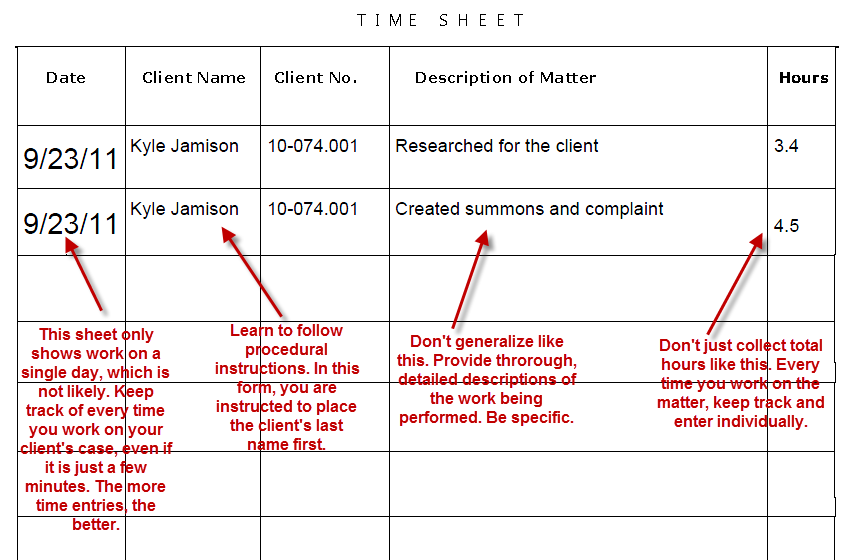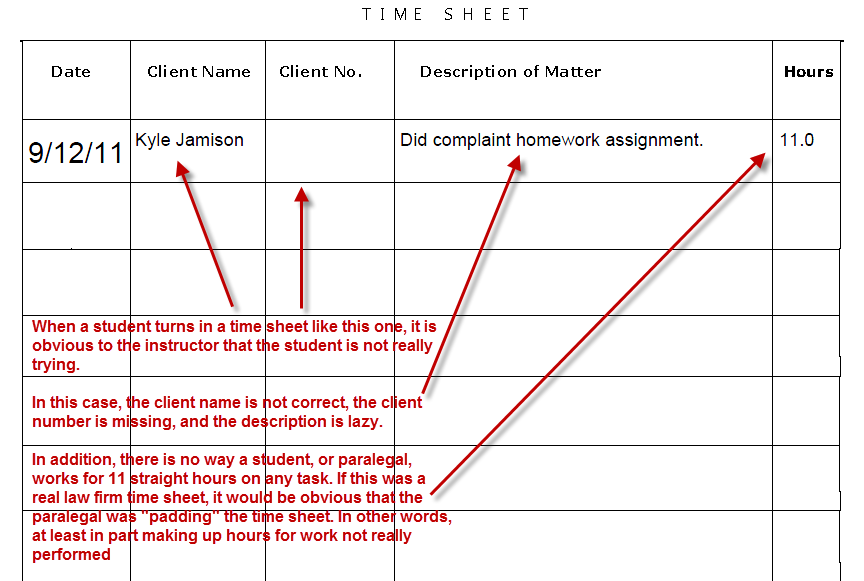Where You Have Been

The average student spends
including the Assignment
in importance for exam preparation
9.2
Preparing for the Interview
-
Segment ProgressBar

INTRODUCTION
The Three-Stage Interview Process is a great technique for interviewing. Use it as-is or modify it to your heart's desire. But make no mistake. The more prepared you are for interviews, the better interviewer, and investigator/paralegal, you will be.
Interview Prep
The Three-Stage Interview Process is designed to assist the interviewer in preparing questions for the interview. The Three stages are as follows:
Pre-event Stage
Try to come up with a point prior to the "event" at which some indirect cause could have effected the "event." The most natural points for the beginning of the Pre-event stage are:
-24 hours prior to the event
-a week prior to the event
-a month prior to the event
-a year prior to the event
The Pre-event stage ends at the point of no return.
Event Stage
The Event begins at the point of no return. In a car accident, it might be when the driver got in the car. In a rape, it might be the point at which the accused rapist meets or sees the victim. The event ends when the actions of the defendant no longer place him or her in legal jeopardy. In the case of the car accident, it might be when the car comes to a rest immediately after the accident. In the rape matter, it might be the point at which the rapist lets his victim leave of her own free will.
Post-event Stage
The post-event stage begins when the defendant is no longer in legal jeopardy, and continues until basically the end of the legal action.
Lecture Notes . . .
Why should a paralegal prepare for an interview?
Some attorneys and paralegals go into interviews with nothing but a blank piece of paper. Ultimately, it will be your decision. But please consider the following. As a paralegal who interviewed witnesses and clients, I would like to impress upon you the importance of preparing interview questions in advance of almost every interview you conduct. The best way to make my point is to compare the interview process to testimony in-court.
For an attorney, the ultimate challenge in her or his profession is to examine a witness at trial. Asking questions of a witness under oath can make or break a case in front of the jury. If a client saw an attorney walk into court, and start asking questions of the witness without preparing, just "winging it," the client would certainly have the right to be concerned. Even upset.
For a paralegal, interviewing a witness is the equivalent to examination of a witness at trial by an attorney. In fact, an argument could be made that the interview is potentially more critical to the ultimate outcome of the case.
98 percent of suits filed are eventually dismissed. This means that 98 percent of cases are determined during the pretrial phase of litigation, which is, of course, when the paralegal is most involved. In fact, for many firms the trial stage belongs to the attorney, and the pretrial stage belongs to the paralegal.
So, what would it say about a paralegal who walked into an interview with only a blank pad of paper and a pen? Prepare questions, collect those questions, modify them for future interviews, and eventually you will have a bank of questions to draw from!
So, on these pages you are taught how to best prepare questions for an interview. And the best way is to prepare them chronologically.
Commonly Asked Questions . . .
If the tool below does not function properly in your browser, click here to open in a new window.
Answers to Exercise Questions
 Check your answers for the exercise in the Textbook. Only look after you have attempted the exercise yourself.
Check your answers for the exercise in the Textbook. Only look after you have attempted the exercise yourself.The Assignment . . .
You will prepare a set of interview questions using the Three-Stage Interview Process. (Background questions are acceptable but not required.) You can use form books in the law library or online if you wish.Most important, use the detailed chronological techniques mentioned in the manual. In many cases, going minute-by-minute, or even second-by-second as the "event" approaches, can be a fantastic technique.
The first couple of times you create questions it will seem a bit tedious. But after that, it flows much easier. And after a while, you will simply build on or modify already existing sets of questions.
This is one of the techniques that, if used, will separate you from other paralegals, and even some attorneys.
REMINDER: Keep track of your Billable Hours!
Use a time sheet to keep track of your hours each and every time you work on this project. Turn the time sheet in with your assignment.
The Good, The Bad, and The Ugly Time Sheets
You are required to keep track of your billable hours when working on legal research and writing assignments and to turn them in with your written assignments. Click on the examples of Time Sheets below to zoom in and compare. Yours should look like the Good example.



